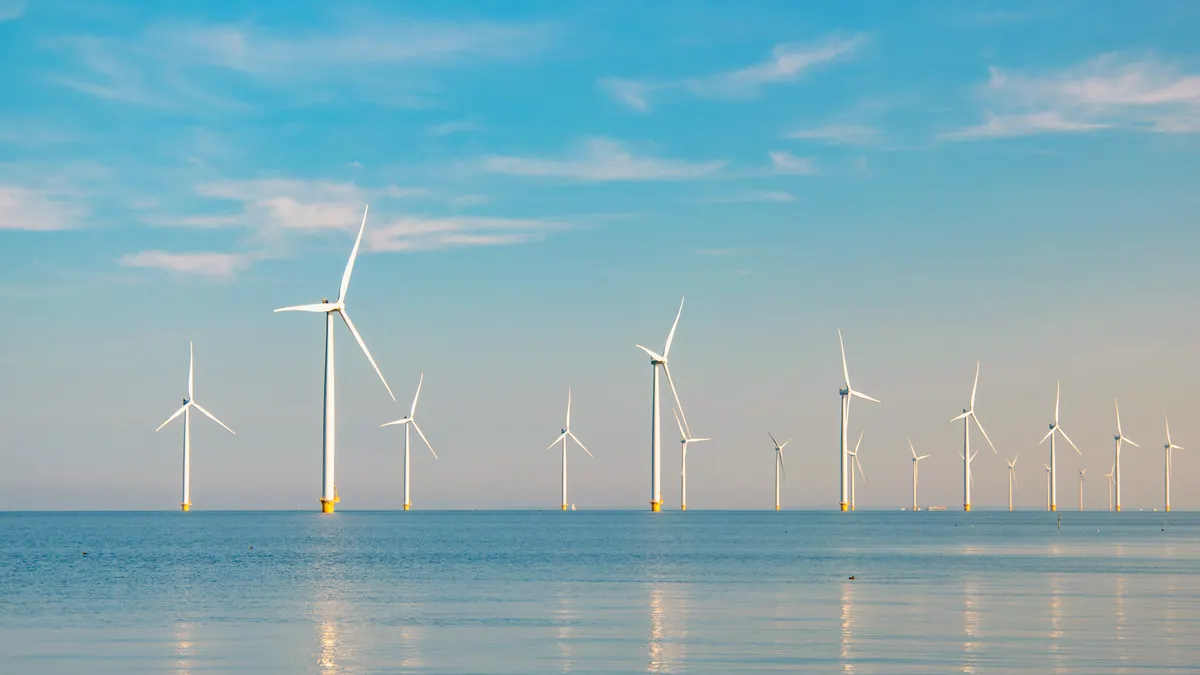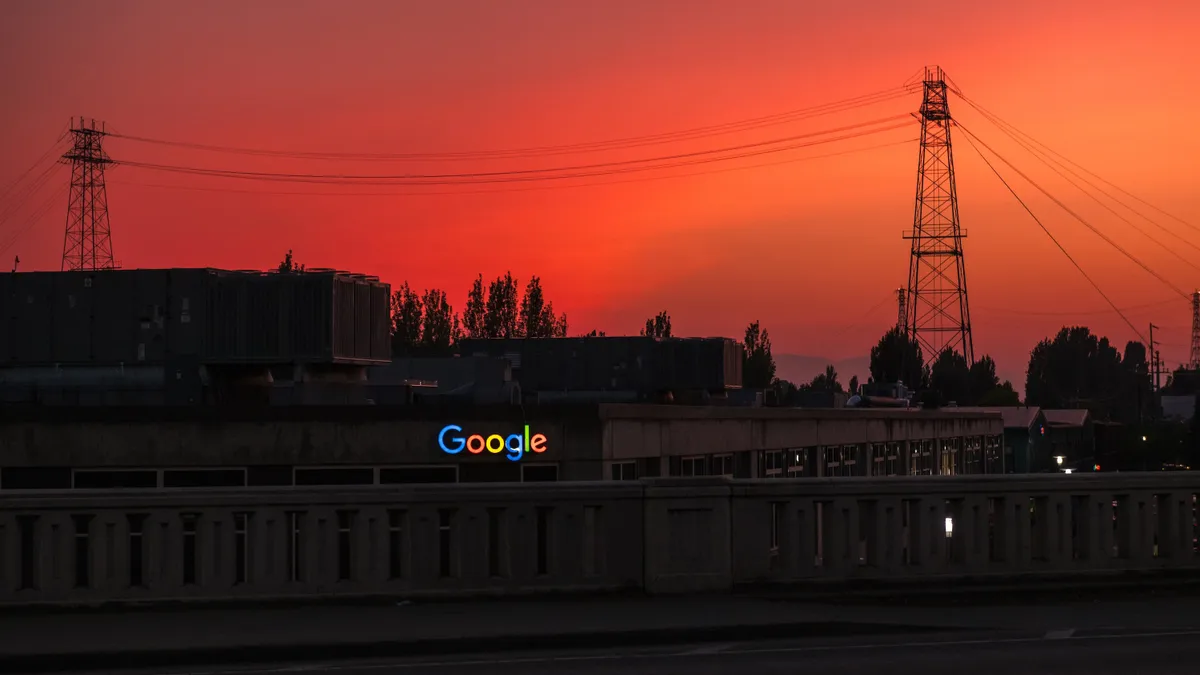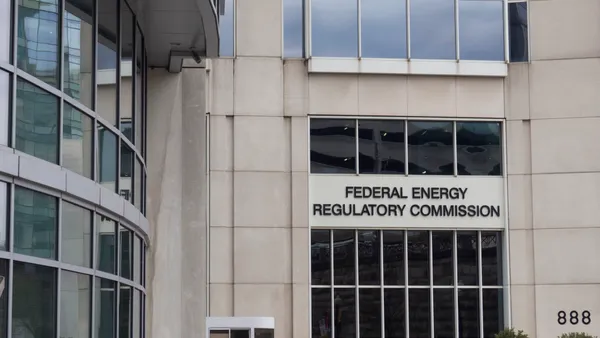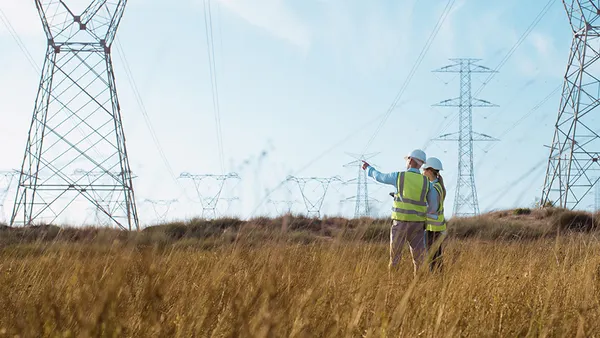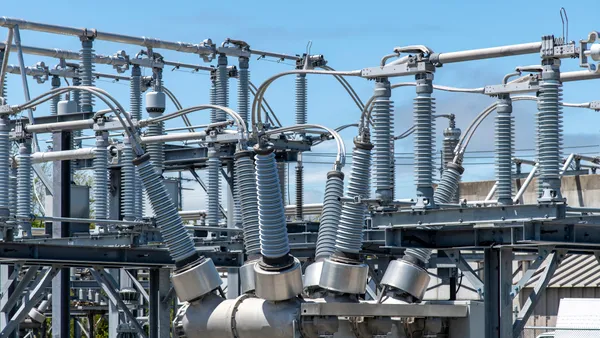Dive Brief:
- Republicans at a House subcommittee hearing expressed support for some portions of the Obama administration's plan to upgrade the nation's electricity infrastructure, the Hill reports, a plan which could cost up to $5 billion over the next decade.
- The White House in April released the first Quadrennial Energy Review, a review of the country's energy infrastructure, finding much work was needed to be done to improve regional electric grid resilience.
- Rep. Ed Whitfield (R-KY), an influential house voice on energy, said the United States needs more transmission lines and upgrades to existing infrastructure in order to to ensure sufficient, reliable, and secure power supplies.
Dive Insight:
It's uncommon for House Republicans and the White House to agree, but Rep. Whitfield, who chairs the subcommittee on energy and power subcommittee, said there is a common understanding of the nation's energy needs.
"Many people are even asking — not surprisingly — is there enough common ground between our efforts and the Obama administration to enact meaningful energy legislation,” Whitfield said this week at a hearing with Energy Secretary Ernest Moniz to discuss the administration's first Quadrennial Energy Review.
“I do believe that this question was answered with a clear ‘yes,’" he said, referring to the energy review.
Lawmakers in the House and Senate have been working to craft a broad energy bill, examining dozens of proposals which could ultimately wind up in the legislation. Tuesday's hearing addressed the White House's plan to upgrade the nation's energy infrastructure, which could cost up to $5 billion, the bulk of which could go towards replacing aging natural gas pipeline and electric transmission infrastructure.
"America’s energy boom is necessitating an infrastructure boom. We need more pipelines and storage facilities and all the other elements of the infrastructure for oil and natural gas," Whitfield said in prepared remarks. "We also need more electric transmission lines and upgrades to the existing
infrastructure to ensure that our electricity supply is sufficient, reliable, and secure against
outside attacks."




